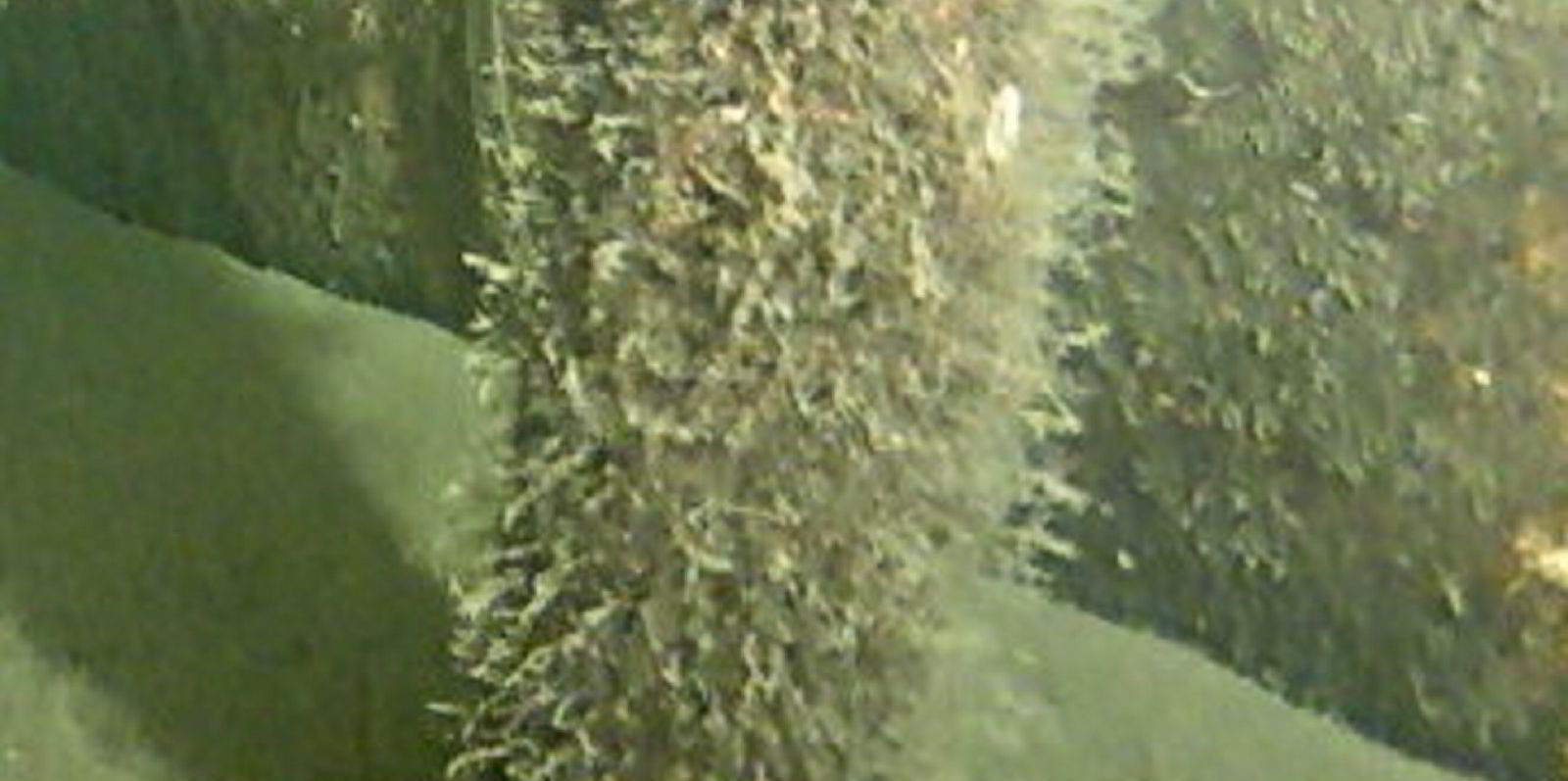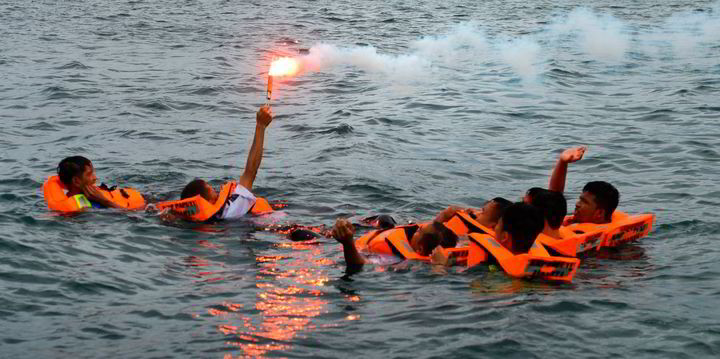Russia has welcomed an invitation from the Danish Energy Agency to allow the Gazprom-owned operator of the Nord Stream 2 pipeline to participate in an operation to salvage an unspecified object discovered near the damaged duct.
Speaking at a regular conference call with reporters on Friday, Russian presidential spokesperson Dmitry Peskov described the invitation as “certainly positive news when the owner of the pipeline is invited to take part in very important phases of the investigation”, according to Moscow-based news agency Interfax.
Late last September an explosion hit one of the two subsea lines of Nord Stream 2 to the southeast of the Danish Island of Bornholm in the North Sea. Explosions also put the two strings of Nord Stream 1 pipeline out of action.
The Danish Energy Agency said that the object to be taken to the surface, is “cylindrical and is about 40 centimetres tall and 10 centimetres in diameter”.
“It is critically important to determine what kind of object it is, whether it is related to this terrorist act – apparently it is – and to continue this investigation. This investigation must be transparent,” Peskov said.
Russian government officials of various levels have repeatedly complained that Denmark, Sweden and Germany prevent the country from participating in separate investigations into the explosions.
Article continues below the advert
Putin’s antenna
Earlier in March, Putin told state owned television channel Rossiya24 that a vessel, sent by operator of Nord Stream 1, had found “an antenna-like object about 30 kilometres from the [Nord Stream] explosion sites”.
“Experts believe that this could be an antenna to receive a signal to detonate an explosive device,” Putin alleged, implicating the US in profiteering from the Nord Stream sabotage by sending more liquefied natural gas cargoes to Europe.
“With a view to further clarifying the nature of the object, Danish authorities have decided to salvage it with assistance from the Danish Defence”, the Danish Energy Agency continued.
“It is possible that the object is a maritime smoke buoy”, the agency said, adding that the planned dive to salvage the object will proceed once the operator of Nord Stream 2 provides response to the invitation.

An independent Open Source Intelligence (Osint) analyst from Denmark, Oliver Alexander, has suggested in his social network post that the object is just “an old marine location marker”. “They wash up on the shores of Bornholm quite regularly”, he wrote.
Such devices have been designed for use in air and sea operations as a target marker for vessels in distress or as a surface wind indicator.
The Kremlin has repeatedly attempted to initiate a United Nations led investigation into Nord Stream sabotage, with the members of the UN Security Council scheduled to vote on a Russia-proposed resolution on 27 March, according to state news agency Tass.
Moscow has blamed the US for sabotaging the pipelines, saying that an operation would only be possible with state sponsors.
Gas shenanigans
Russian state-controlled gas giant Gazprom halted Nord Stream 1 at the end of August last year, citing issues with pumps, feeding gas into the pipeline in the result of international sanctions.
Gas was never exported through the brand new Nord Stream 2 pipeline because it had not received regulatory approvals from German authorities before the damage was done, although both strings were pressurised at the time of the exlosions.
The explosions occurred at a time when Gazprom had already reduced gas exports to its European customers below contracted minimal volumes in apparent retaliation for sanctions imposed after the Russian invasion of Ukraine.
Several European customers of Gazprom have already opened arbitration proceedings against Gazprom, seeking multibillion dollar damages for the non-supply of Russian pipeline gas in 2022.
A partner in Moscow based energy consultancy RusEnergy Mikhail Krutikhin said Gazprom could cite explosions on Nord Stream as circumstances of force majeure to avoid contractual supply obligations.
